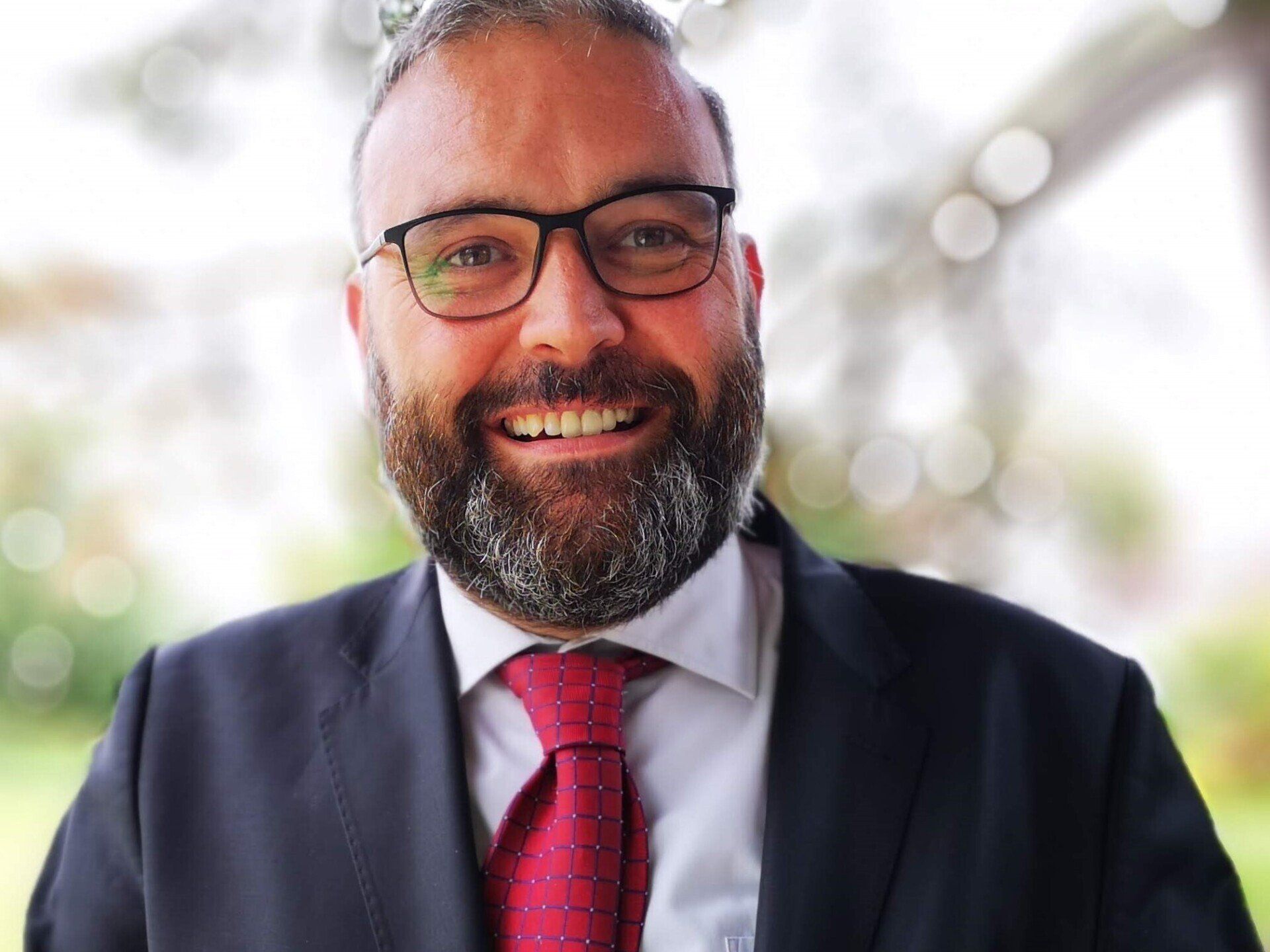How To Manifest Success With No Time Like Einstein, Darwin, Zuckenberg, Nietzche and Steve Jobs
Jamieson Lee Hill
There has recently been a flurry of articles talking about the research of Steven Kotler and the importance of no time or non-time for creativity and business success. In this article we explore what we mean by no time, some of the famous proponents of it and how we can apply it to our life and business.
The History of No Time
No time or Non-time is a concept that has been embraced by a number of famous people in history including Einstein, Darwin, Nietzche and Steve Jobs. It is a way to harness the power of creativity during periods where you are free to escape the distractions of the world. It is either a time to think and reflect free of other tasks or a time where we isolate ourselves from worldly distractions.
What is No Time?
Kotler defines No-time as "a quiet time, alone, isolated from the noise and demands of the world". He identifies the time period between 4am and 7.30am as the no time for him because it is before the rest of the world has woken up. It is a time of freedom without the pressures of the world when Kotler writes.
Why Are We Programmed to be Anti-No Time?
Most companies would baulk at the idea of no time to stimulate business success. It would be perceived as the antithesis of the productivity mentality allowing workers time to do nothing or having time to reflect
Yet the reason many of us have escaped the rat race of working for someone else to start our own business is because our former working lives were hectically scheduled. The effect of this can kill creativity, create a feeling of resentment and feeling trapped in company culture. This can demotivate you and negatively affect productivity.
‘The Art of The Impossible’
Steven Kotler wrote about no time in his book ‘The Art of the Impossible’. His research found that neuroscience showed that periods of quiet or no time have a positive effect on our creativity and thinking ability. Kotler identified that,
"Pressure forces the brain to focus on the details, activating the left hemisphere and blocking out that bigger picture. Worse, when pressed, we're often stressed. We're unhappy about the hurry, which sours our mood and further tightens our focus.”
Thus, the effect of a busy working schedule without no time can stop us from seeing the bigger picture and can stifle innovative thinking. In contrast, no time induces relaxation that enables innovation to flow.
Modern Trends & The Miracle Morning
Kotler’s research mirrors the trend these days amongst entrepreneurs to have time out, time to meditate and ‘me time’ to recuperate. Books such as Hal Erod ‘Miracle Morning’ recommends meditation/silent time to induce focus and creativity for business success. Hal recommends a
6 step process before starting work:
- Meditation/Silence
- Visualisation
- Affirmation
- Reading
- Journal
- Exercise
Einstein and Steve Jobs
Albert Einstein was a proponent of No Time. He claimed that many of his great ideas came to him when he was doing nothing or reflecting in meditation. Steve Jobs was also a believer in no time and reportedly spent a lot of time contemplating ideas and procrastinating. Jobs and Mark Zuckenberg both went to India and practised meditation with famous Indian mystics.
History showed us that both
Jobs and Einstein achieved great things and changed the course of humankind. Thus, the importance of no time has inspired some of the greatest minds of the 20th and 21st century.
Frederick Nietzche and Charles Darwin
Both Darwin and Nietzche claimed that their genius and exceptional creativity was largely due to hours spent thinking alone. Darwin would go for walks along ‘his thinking path’ and Nietzche would walk around for hours in nature to work out the ideas and concepts he had.
Why Time Alone is Important for Your Business
The stereotypical image of an entrepreneur is someone working non-stop with a diary full of appointments. While hard work is admirable, research shows we need time out from the information overload of the world to allow our brains to dive into creative thinking. The University of Utah did a psychological study in 2012 and discovered that subjects scored 50 percent higher in standard tests of creativity after 4 days alone in nature.
Therefore, no time allows our brains to reset and tap into deep reserves of creativity. It is in these times that we may have excellent ideas to optimise our companies for business success.
The Two Hour Rule By Fiona Kerr
Fiona Kerr, author, scientific communicator and staff member at the University of Adelaide, is another supporter of the idea of no time. She has a 2-hour slot every week where she leverages the
power of reflection. In those two hours she switches off distractions and questions her work and lifestyle using a pen and notebook.
She asks herself questions like:
- “Am I excited to be doing what I'm doing or am I in aimless motion?
- Are the trade-offs between work and my relationships well-balanced?
- How can I speed up the process from where I am to where I want to go?
- What big opportunities am I not pursuing that I potentially could?
- What's a small thing that will produce a disproportionate impact?
- What could probably go wrong in the next 6 months of my life?”
She finds it helps her to become more efficient and to pre-empt problems before they happen.
Ways To Bring No Time Into Your Life
So how can you bring no time into your schedule to harness the power of your creativity for business success? Here are few ideas:
- Wake up early and do writing between 4am and 7.30am. You will be amazed at what you get done without the distractions of the world.
- Hold a Walking Meeting in nature like Mark Zuckerberg does. See what effect it has on the meeting and the ability to conduct the business of the day.
- Have scheduled times in your day where you do nothing and turn off your phone and social media in those periods.
- Try out a morning routine like Hal Elrod’s Miracle Morning
- Schedule two hours into your calendar each week like Fiona Kerr’s Two Hour Rule. Use a notebook and pen and reflect on your work and life.
- Start meditating for at least 30 minutes everyday.
You never know, you might become the next Einstein or Steve Jobs by allowing no time into your life! Without no time, some of the great minds of the last few centuries may never have achieved what they did.
Interested in owning your own automated business?
There is no time like the present! Pardon the pun!







